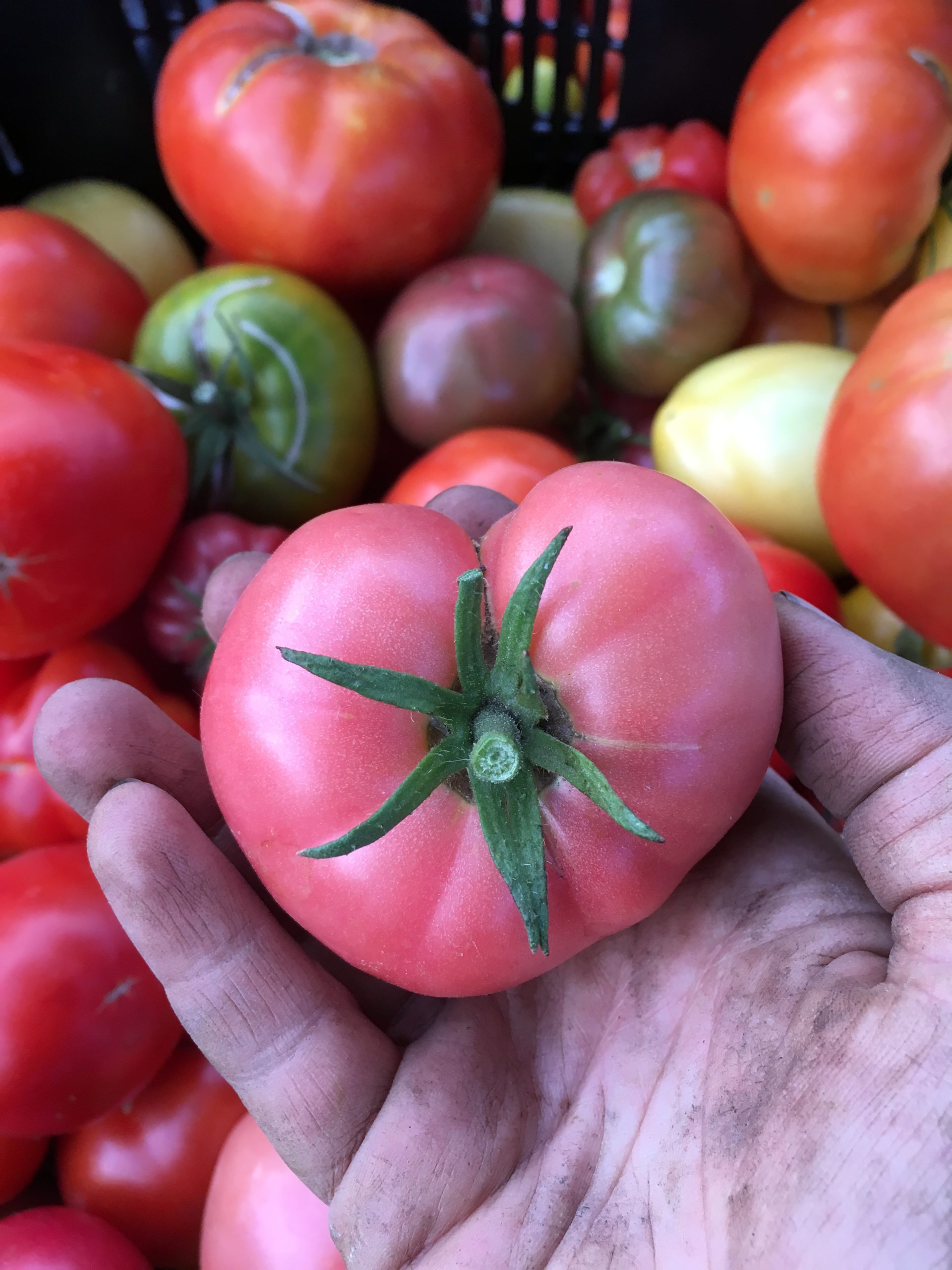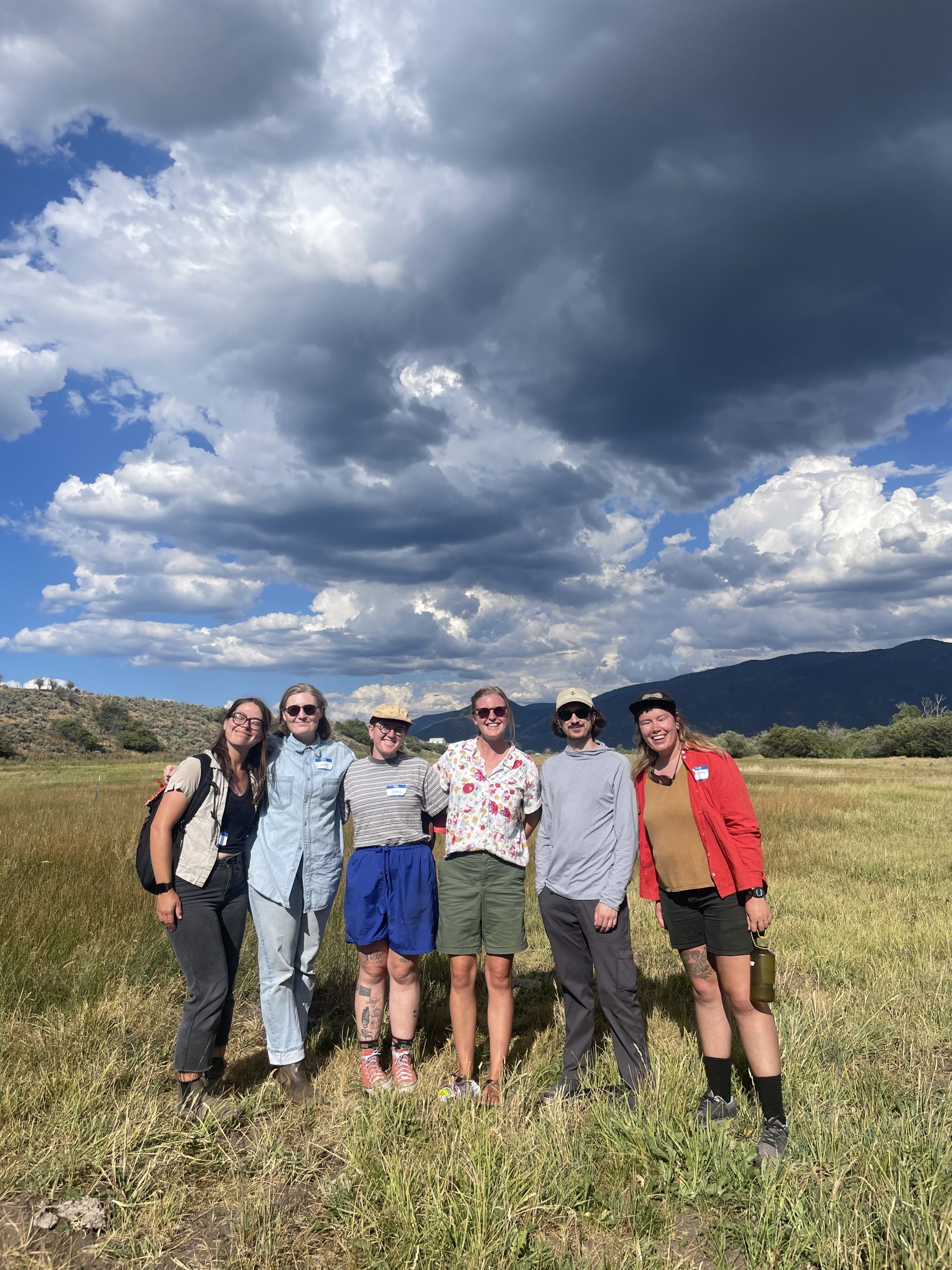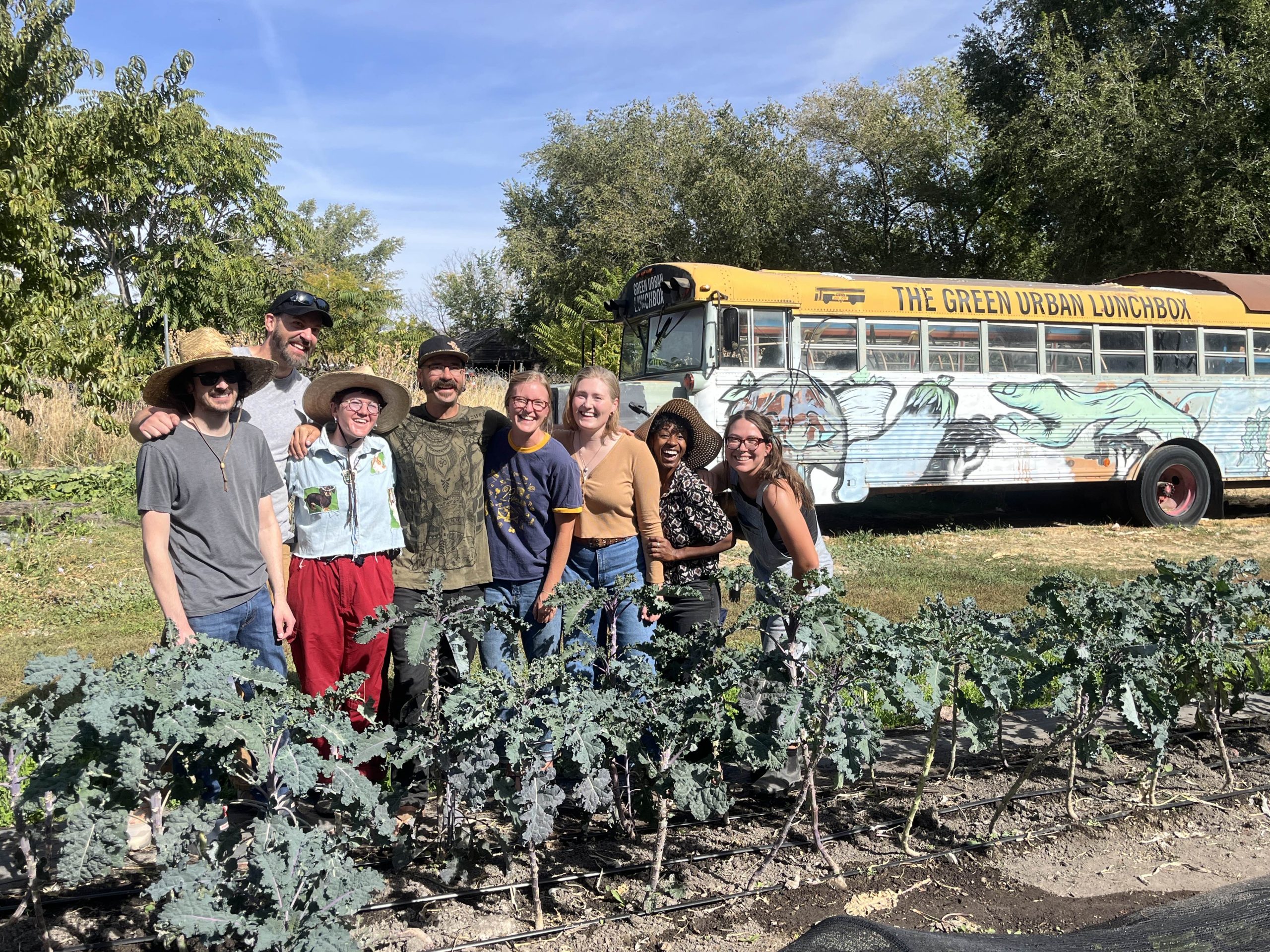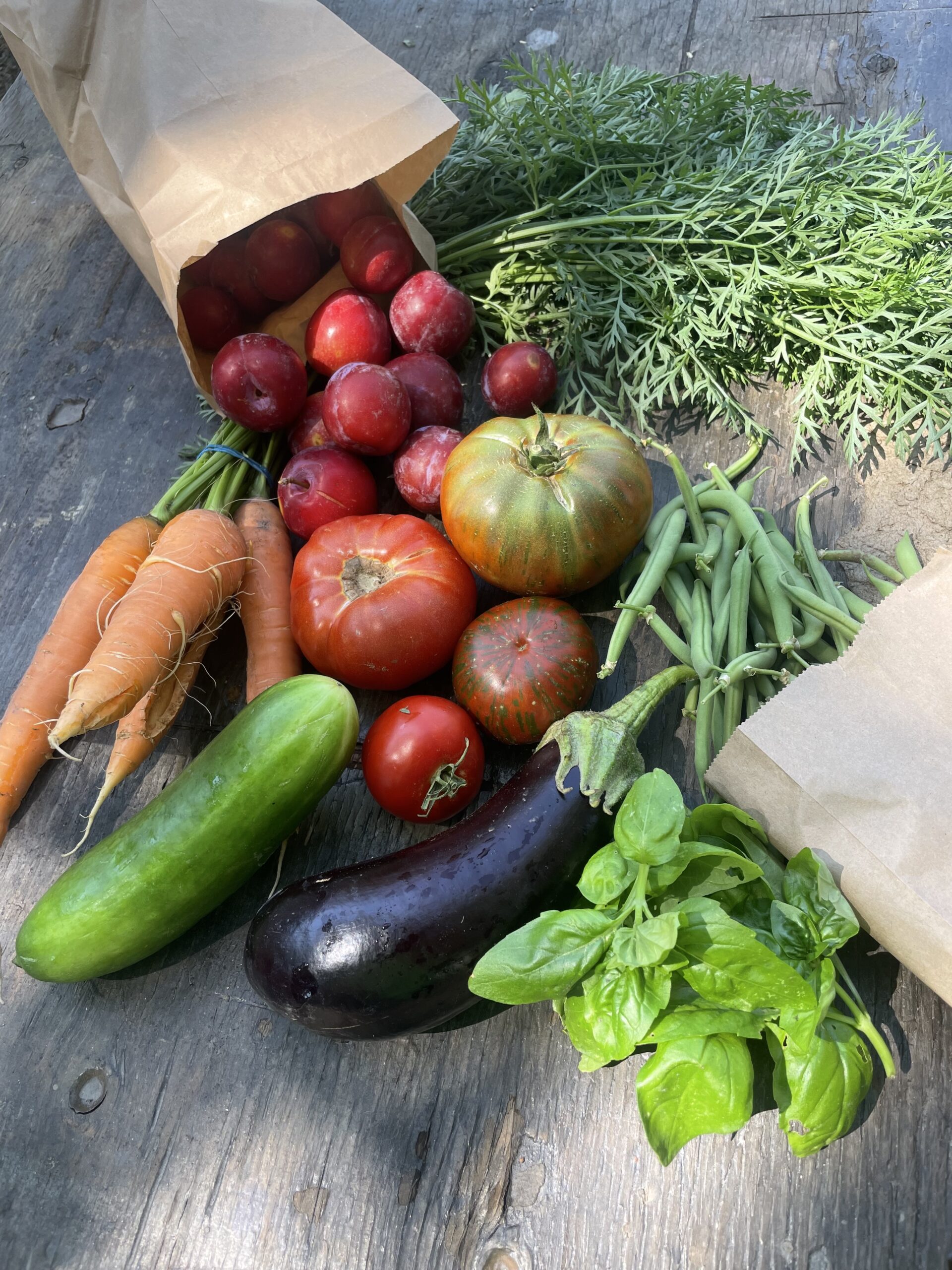
Senior Hunger and Isolation Amidst COVID-19
Green Urban Lunch Box
Despite being often overlooked in discussions of hunger and poverty, food insecurity is increasing for seniors- especially for seniors experiencing poverty.
According to the National Council on Aging (NCOA), in 2016 nearly 8.6 million older Americans faced the threat of hunger. That’s 13.6% of adults aged 60+ in the United States. Feeding America found that the rate of hunger among seniors 60 and older has increased by 40% since 2001. A senior is more likely to experience hunger if they live in a Southern state, live in a household with a grandchild, have a disability, or are African American or Hispanic.
Many hunger resources fail to meet the needs of food insecure seniors. NCOA states that 3 out of 5 seniors who would qualify for SNAP benefits do not participate, often because of barriers related to mobility, technology, and social stigma. Many food insecure seniors do not qualify for benefits despite their inability to afford or access food. Meals on Wheels, though an excellent resource for providing ready to eat meals to homebound seniors, is underfunded in many cities, leading to long waiting lists- such as that in Memphis, TN that is over 1,000 people long.
Food insecurity has serious health consequences. Malnutrition exacerbates diseases and slows healing. Some seniors have to choose between paying for expensive medications or food. Chronic health problems make it more difficult to access grocery stores and/or prepare food.
Another issue many seniors face is isolation or a lack of social companionship. The CDC demonstrates the difference between loneliness and social isolation:
“Loneliness is the feeling of being alone, regardless of the amount of social contact. Social isolation is a lack of social connections. Social isolation can lead to loneliness in some people, while others can feel lonely without being socially isolated.”
According to the CDC, one in four elderly Americans are considered to be socially isolated. This can have major impacts both on physical and mental health – social isolation and loneliness are associated with increased risks of dementia, stroke, high blood pressure, heart disease, a weakened immune system, depression, anxiety, and suicide.
The pandemic has exacerbated these issues, as it is more difficult for seniors to access food due to the risks of entering public places and using public transit to travel. Many seniors are unable to see their family and friends or experience regular interactions with people in public spaces. Senior centers are closed and many programs are cancelled or postponed.
“Many of the older people are finding that they are cut off from the types of activity that bring meaning or purpose to their life, communal activities, recreational or exercise or just face-to-face social interactions that they are used to having,” said Lisbeth Nielsen, director of the division of behavioral and social research at the National Institute of Aging.
Senior hunger and isolation may seem like daunting issues to address at the best of times, but is especially difficult amidst a pandemic where we must decrease face-to-face interactions to keep each other safe. It is more important now than ever that we work to provide simple, safe access to nutritious food as well as safe, distanced companionship to our elderly community members.
What is the Green Urban Lunch Box doing?
During the pandemic, Back-Farms has continued to work to build and maintain gardens in the backyards of seniors, creating opportunities for community connection and socialization. GULB has found that seniors are grateful to be able to provide a space to grow food for the community and to see staff and apprentices each week. Some seniors have mentioned GULB staff are the only visitors they have seen during the pandemic, as they have needed to isolate from family and refrain from outings.
After providing a share of these backyard harvests with the senior homeowner and the volunteers who help tend the gardens, the rest of the produce is distributed to senior citizens throughout the valley via Salt Lake County’s senior centers. GULB partners with Salt Lake County Aging and Adult Services, USU Extension, and the Salt Lake County Jail Horticulture Program to grow and distribute fresh, healthy food during free pop-up markets hosted at senior centers. So far, our organization has run two markets, providing over nearly 300 pounds of produce to about 100 seniors and we have 15 markets left this season.
To learn more about our Free Farm Stands and see the schedule, click here.


